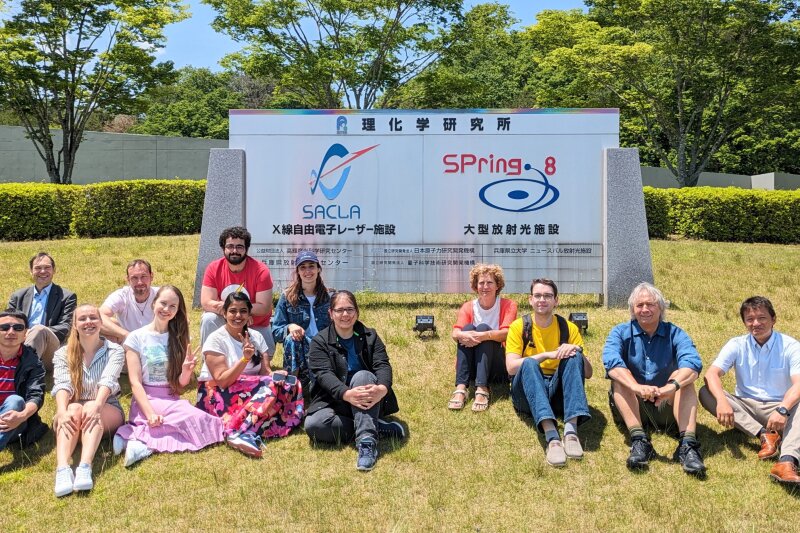German-Japanese Laboratory for Structural Elucidation for the Development of Biofuel Cells
Fuel cells enable the energy content of hydrogen to be used efficiently. Advances in electrode and redox polymer technology show that semi-artificial biofuel cells equipped with environmentally friendly biocatalysts (hydrogenases) can replace conventional chemical processes. By coupling them to flexible, enzyme-based consumer modules, not only electricity but also industry-relevant chemicals can be produced. In order to optimize these novel modules, knowledge of their microstructure is required.
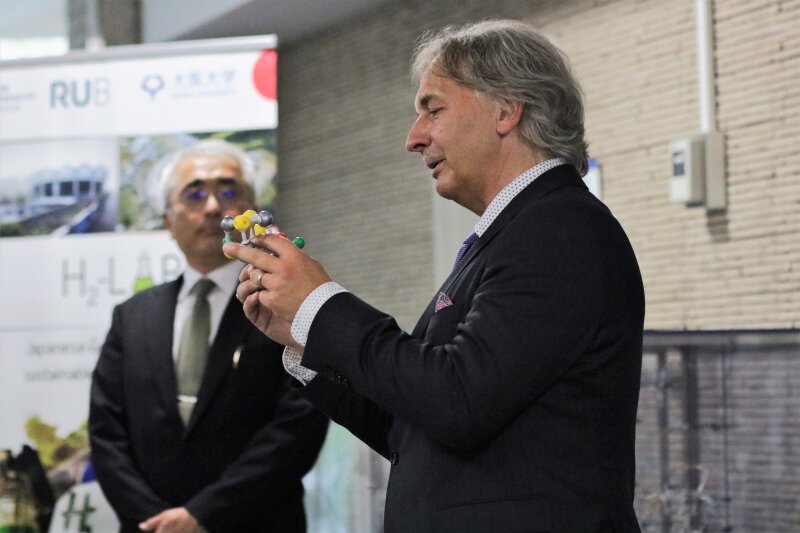
Our Photobiotechnology working group has been conducting research on hydrogenases for several decades. We focus on discovering novel, particularly robust hydrogenases from different organisms and investigating their biocatalytic efficiency. Close collaboration with Prof. Kurisu, Director of the Institute for Protein Research at Osaka University (IPR), is essential in this regard: He offers us access to very high-quality and complex measurement methods (e.g., cryo-EM) to analyze the structure of our enzymes and to further optimize them. Numerous projects have therefore been carried out in close cooperation with Osaka for many years.
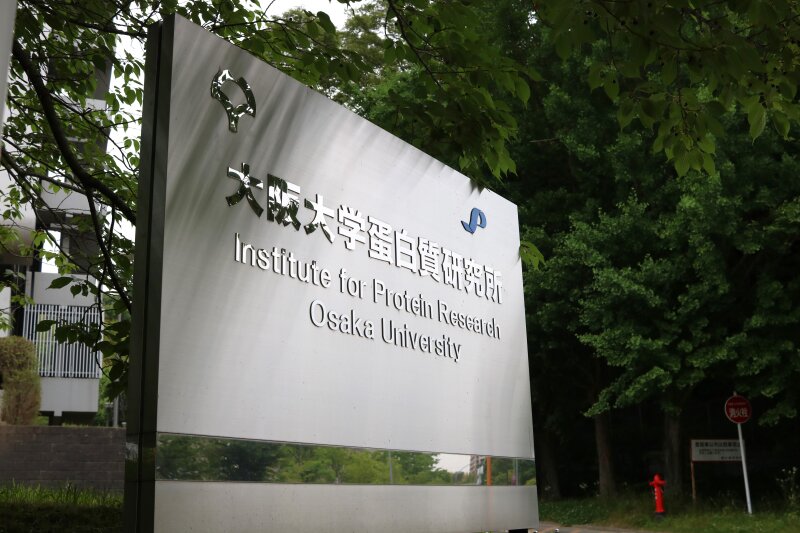
With research funding from the BMBF, we have therefore opened a joint research laboratory at the IPR, which utilizes the expertise there in state-of-the-art structural analysis technologies for the characterization and optimization of biofuel cells. This project will establish a branch of the International Joint Lab focusing on hydrogen catalysis in Japan. To this end, the necessary infrastructure for intensive networking between the groups with regard to their scientifically complementary methods and instruments has been in place in Osaka since 2022. Japan has the world's largest third-generation synchrotron as well as NMR and CryoEM equipment at its disposal. By using these technologies, German scientists can advance the development of biofuel cells at the highest level and develop cutting-edge technologies in the field of “green hydrogen.”
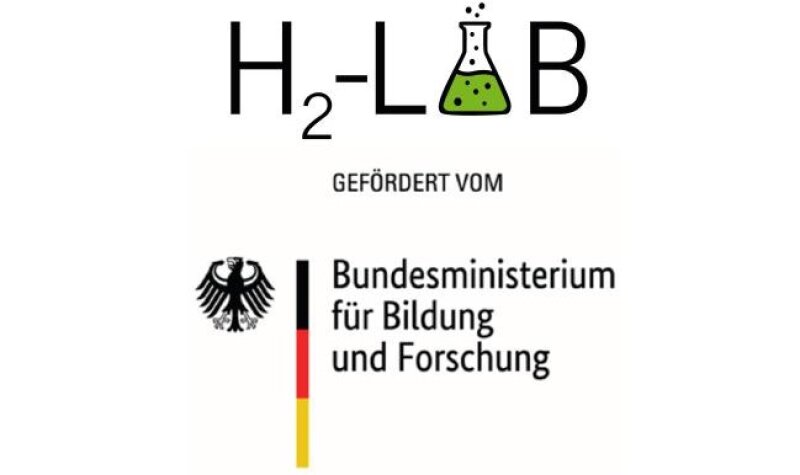
To mark the opening of the joint “H2 Lab,” our working group welcomed North Rhine-Westphalia Minister President Hendrik Wüst and his delegation to our joint laboratory in Osaka, Japan, in 2023. Prof. Happe gave him an interactive presentation on the cornerstones of our research into sustainable hydrogen production using hydrogenases and green algae research. The delegation accompanying the Minister President and Martin Paul, Rector of Ruhr University, returned to Germany with new inspiration from this “world-class research.” Since then, many other young scientists have traveled to the H2-Lab to carry out parts of their theses and research projects.
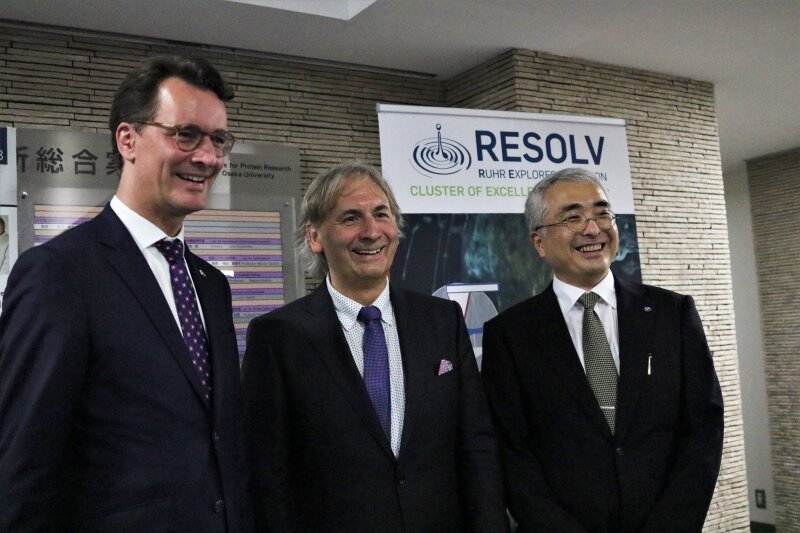
Molecular protein design for fermentative H2 production
Since 2022, the scientific work of Prof. Happe, PD Dr. Hemschemeier, and Prof. Dr. Nowaczyk in cooperation with Prof. Kurisu on the topic of sustainable hydrogen technology as an affordable and clean energy source between Europe and Japan has been funded by the European Interest Group (EIG) CONCERT-Japan. The research funding is part of the joint project “Structure-based metabolic engineering of H2 production by algae (H2M)”.

We are conducting research in collaboration with the groups led by Prof. Nicolas Rouhier (University of Lorraine, France) and Prof. Claire Remacle (University of Liège, Belgium). As part of this project, we are pursuing a novel approach to biological H2 production by attempting to transfer the H2 metabolism that occurs naturally in the chloroplasts of eukaryotic microalgae to their mitochondria. The joint research is being conducted in close cooperation with Japan: The opening of the H2-Lab has enabled us to carry out structural investigations of variants and hybrid constructs for the H2M project on site. Jointly organized symposia in Bochum, Osaka, and Liège, to which external researchers were also invited, have led to international exchange. Through close cooperation over several years, we are thus able to further consolidate our intercontinental research collaborations.
